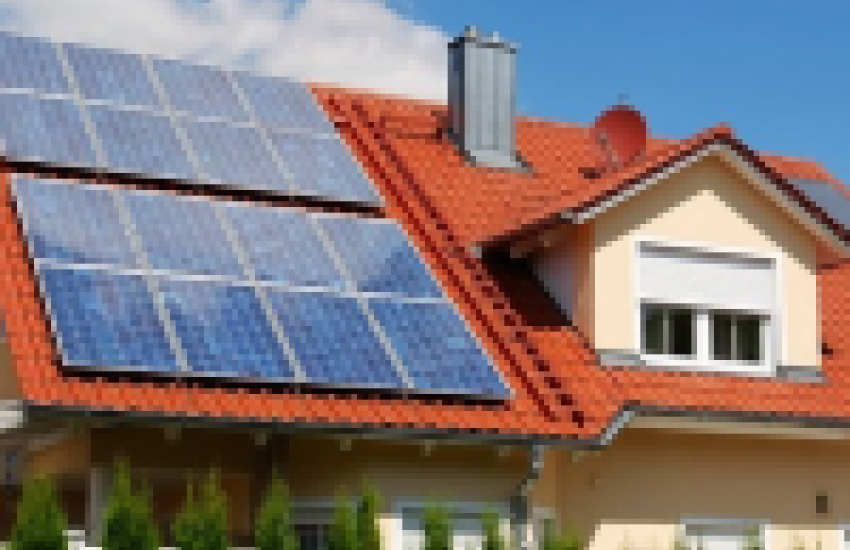What factors affect of a home battery storage systems?
What factors affect of a home battery storage systems?
When deciding how much battery you need to power your home, there are a few factors that affect battery size. let's see!
household electricity consumption for a home battery storage systems
The most important factor is calculating the daily electricity consumption of the household. If you live in a small house with few appliances, you will need a small battery. Conversely, larger houses consume more electricity.
The ideal way to know your home's electricity usage is from your electricity bill or meter. Mainly, home appliances include:
●Lighting with power consumption of 100W
● Nearly 400W refrigerator is required
● Electric stove uses 1000W
Requires 1500W microwave oven
● A 3-ton HVAC system uses 3500W
The above measurements may have given you a basic idea of your home's electricity usage.
solar panel system size
If your home uses batteries to manage your energy needs, you need to make sure they are charged. For this purpose, power must be obtained from the grid or solar panels. Solar panels are a more economical and effective means. Therefore, you can install solar panels that generate enough power.
The size of the photovoltaic system you need is determined by the power you need. If you need to charge a smaller number of batteries, you can use a smaller panel with less kW and vice versa.
Moreover, if a house requires 200A to meet its power demand, a solar setup of 48kW of energy production would be sufficient. The position of the roof solar panels and their exposure to the sun also affect this power generation.
If one system is not enough to meet your home energy needs, you can install multiple solar panels. An average home may require between 24 and 330 watt solar panels to meet its total energy requirements. It will help you get the most out of this solar energy setup.
Period of the home battery storage systems
When building a battery-powered setup for your home, you should check how long you can manage without power. However, it is normal to have natural disasters all around us. Your Home energy system should be reliable enough to survive several days in the event of a power outage.
Additionally, it is the number of lithium batteries and their storage capacity that determines the life of the home power system. If your home battery system consists of 10kW of power, it can run up to 10 hours during a power outage.
Similarly, if you want at least 45 days of backup, you should arrange for a 45-50kW battery home power system.
lifepo4 Battery specifications for the home battery storage systems
Each battery has its own characteristics, but please select the lifepo4 battery with the specifications you are looking for. These specifications may include storage capacity, specific voltage, ampere-hours, etc.
The ampere-hour number determines how much current the battery will deliver for 400 hours. For example, a 4 amp hour lifepo4 battery can deliver 100 amps of current for almost an hour. On the other hand, the battery voltage usually stays constant, but may start dropping as the battery discharges.
Both of these factors help determine the battery's power capacity. All you need to do is multiply the operating voltage by the ampere-hour and divide it by 1000 to get the kilowatt-hour capacity. For example, a battery with a specific voltage of 6V at 400 ampere hours will store up to 2.4 kilowatt hours.
number of lifepo4 batteries for the home battery storage systems
The number of home energy storage battery required to run a home is determined by the energy requirements and size of the home. Homes with more appliances and higher energy demands require more batteries compared to homes with lower energy usage.
In addition, battery storage capacity is also very important in determining the number of lifepo4 batteries. A battery with more potential provides more energy. For the average house, it requires almost 90 kilowatt hours of energy for one day.
If you are using batteries with a storage capacity of 2.4 kW, you would ideally need 38 lifepo4 batteries to manage this battery bank. The battery may have some drawbacks. Therefore, it is supposed to place more than the calculated number of batteries. Power is also consumed by inverters that convert DC to AC to run some home appliances.
For more information please contact us ,info@aiinos.com
here is a video to show how a 20kw home battery storage systems works:
https://www.youtube.com/watch?v=vbUlOqcaOxA&t=167s




